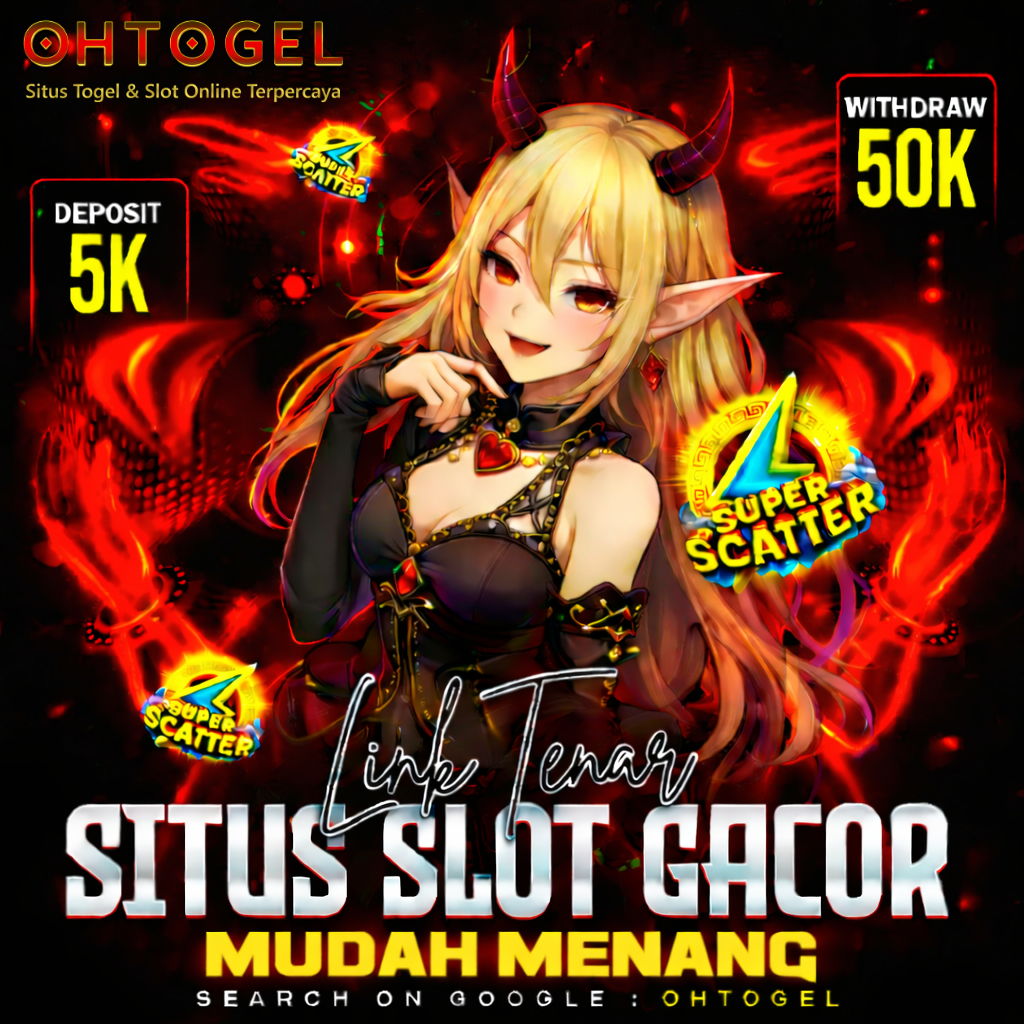OHTOGEL : Kumpulan Portal Bandar Toto Togel & Situs Link Toto Slot Gacor Paling Tenar
OHTOGEL : Kumpulan Portal Bandar Toto Togel & Situs Link Toto Slot Gacor Paling Tenar
Sebagai portal toto togel unggulan, oh togel menawarkan ragam permainan terlengkap mulai dari togel pasaran populer, slot online gacor dengan RTP tinggi, hingga berbagai game hiburan lainnya yang seru dan menguntungkan. Seluruh permainan yang tersedia telah dipilih secara selektif untuk memastikan kualitas terbaik, sehingga pemain dapat menikmati sensasi bermain yang adil, nyaman, dan penuh peluang kemenangan.

Limited Time Promotion
Financing
Trade in popup


Trade-In
Explore the devices to learn more.
Trade-in your device in 3 easy steps!
Please contact us at [email protected] if you have other enquiries. Trade-in program is provided by "Carousell".
Frequently Asked Questions
What do I need to bring along?
You will be required to bring your charger and cable for laptops.
What if I do not like the value after
assessment?
You can choose to not accept the trade-in value, but the value shown is final.
Can multiple devices be traded in during the
same transaction?
Unfortunately, only one device can be traded in per transaction.
Do I get to keep the memory card from the
trade-in devices?
We recommend that you remove and keep all your memory cards before you trade-in a device
Would I be able to get back my old device
back after the trade-in?
You would not be able to retrieve your old device as all trade-ins are final. Prior to trading in your device, we recommend backing up all your important content such as contacts, photos, videos, etc.
Can I trade-in my device if it does not
work?
We would not be able to assess your device if we are unable to power on your device.
What if my device is not found in the
trade-in device list?
You can head down to our stores to get your device assessed by our iStudio Experts to check if it is accepted.
Collapsible content
Terms and Conditions
- Customer affirms that s/he is at least legally 18 years of age.
- "Customer" means the undersigned that is the owner of the Product or has been authorised by the owner of the Product to make decisions on the Product.
- The Trade-in programme is provided to iStudio customers by Laku6 as a third party company. Apple is not a party in the transaction.
- Laku6 and iStudio reserve the right to refuse, cancel, or limit the programme for any reason and may change these terms and conditions at any time without prior notice.
- The Programme is provided for lawful purposes only, to the extent permitted by law, Customer agrees to indemnify iStudio, Laku6, its affiliate and any of its directors, officers, employees, affiliates, subsidiaries or agents from and against claims brought against any of them arising from Customer's breach of terms and conditions of the Programme.
- iStudio trade-in programme is only available at all iStudio stores (excluding Airport Terminal Stores)
- Total trade-in value is not transferable.
- iStudio reserves the right to refuse any customer's eligibility at any time in its discretion in the even of such customer's breach or suspected breach of any of the terms and conditions herein without prior notification or any liability to such customer whatsoever.
- iStudio reserves the right to vary any term or condition. iStudio will, where it is practicable to do so, give customers advance notice (which may be through written notice, electronic mail letters, iStudio website, or such other forms as iStudio deems appropriate) of such changes.
- This iStudio Trade-in programme is limited to one (1) device per eligible trade-in.
Why Shop Online
OHTOGEL : Kumpulan Portal Bandar Toto Togel & Situs Link Toto Slot Gacor Paling Tenar
Ohtogel atau Oh Togel merupakan kumpulan portal bandar toto togel terpercaya serta situs link toto dan slot gacor paling tenar yang telah dikenal luas oleh para pemain. Platform ini hadir sebagai pusat permainan online yang menyediakan berbagai pilihan game terbaik dengan sistem modern, aman, dan mudah diakses kapan saja. Dengan mengusung teknologi terkini, ohtogel mampu memberikan pengalaman bermain yang stabil, cepat, dan memuaskan bagi semua kalangan pemain.
FAQ Ohtogel
Mengapa Ohtogel dianggap sebagai bandar slot online terpercaya?
Ohtogel dipercaya karena menghadirkan sistem permainan yang transparan, dukungan provider slot ternama, serta proses transaksi yang cepat dan aman. Kombinasi ini membuat pemain merasa nyaman bermain dalam jangka panjang.
Apa kelebihan Ohtogel sebagai portal toto online?
Sebagai portal toto online, Ohtogel menawarkan variasi pasaran yang luas, odds kompetitif, serta pembaruan data pasaran yang konsisten. Hal ini menjadikan pengalaman bermain lebih akurat dan profesional.
Jenis permainan apa saja yang tersedia di Ohtogel?
Ohtogel menyediakan permainan lengkap mulai dari togel 2D, 3D, 4D, slot online gacor, hingga permainan hiburan lainnya. Seluruh game dapat dimainkan dengan sistem yang stabil dan user-friendly.
Apakah Ohtogel cocok untuk pemain pemula?
Sangat cocok. Ohtogel dirancang dengan tampilan sederhana, menu mudah dipahami, serta panduan bermain yang jelas sehingga pemain baru dapat langsung beradaptasi tanpa kesulitan.
Bagaimana Ohtogel menjaga kenyamanan dan keamanan pemain?
Ohtogel menerapkan teknologi keamanan modern, enkripsi data, serta layanan pelanggan responsif. Setiap aktivitas pemain dipantau secara profesional demi menjaga kenyamanan dan privasi.
- Choosing a selection results in a full page refresh.
- Opens in a new window.
How does Financing work?
Get what you want now, pay for it later!
Shopping online made so much more accessible now with PayLater by Grab.
